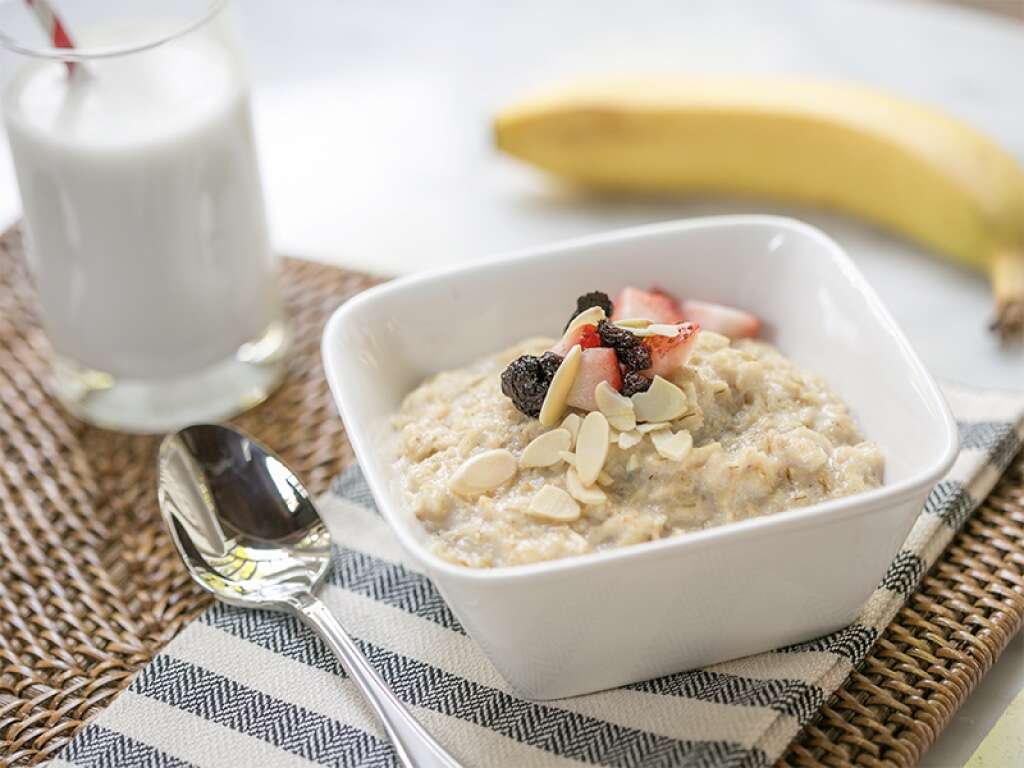10 Natural Laxatives
Laxatives are substances that increase bowel movements and loosen stools. They are often used in the treatment and prevention of constipation. Depending on the type of laxative, the mechanism of how it works and the side effects may vary.
Examples of types of laxatives include bulk forming agents, lubricant agents, emollient agents, stimulant agents, hyperosmotic agents, and saline laxative agents.
While there are many laxatives in the form of medication available for the treatment and prevention of constipation, there are also many natural laxatives available that can be as effective as over-the-counter products. Natural laxatives also tend to have less side effects. Below are 10 of these natural laxatives.

Laxative #1: Prunes
Prunes are dried plums of any cultivar. Prunes are high in fiber, which may provide natural laxative effects for those who consume it. Prunes contain 2 grams of fiber for every 28 grams. They also contain sorbitol, which can also be attributed to the laxative effects for prunes. Sorbitol is poorly absorbed and functions as an osmotic agent by drawing water into the intestines. This helps to induce bowel movements and soften stools.
Studies have reported that prunes can be more effective in improving stool consistency and stool frequency when compared to other natural laxatives such as psyllium.
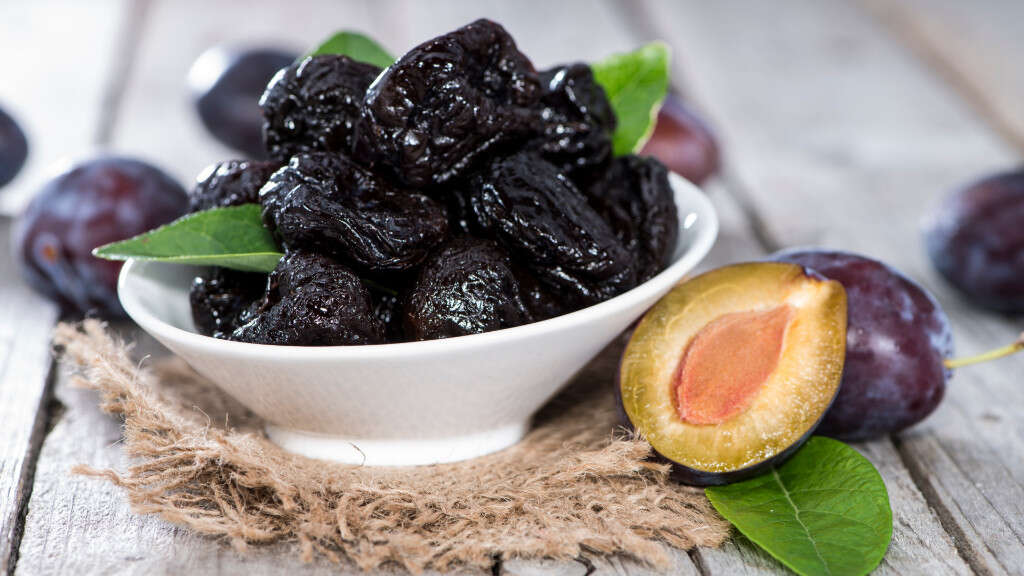
Laxative #2: Chia Seeds
Chia seeds come from the desert plant known as Salvia hispanica that grows in Mexico. They were available back in the Aztec and Mayan times. Since the word “chia” translates to strength, legend has it that these ancient cultures used these seeds as an energy booster.
Chia seeds contain carbohydrates, omega-3 fatty acids, antioxidants, fiber, and calcium. Chia seeds are healthy as they are a whole grain food that is unprocessed. Chia seeds are high in soluble fiber (11 grams out of 28 grams). Soluble fiber absorbs water leading to the formation of gel, which helps the formation of softer stools.
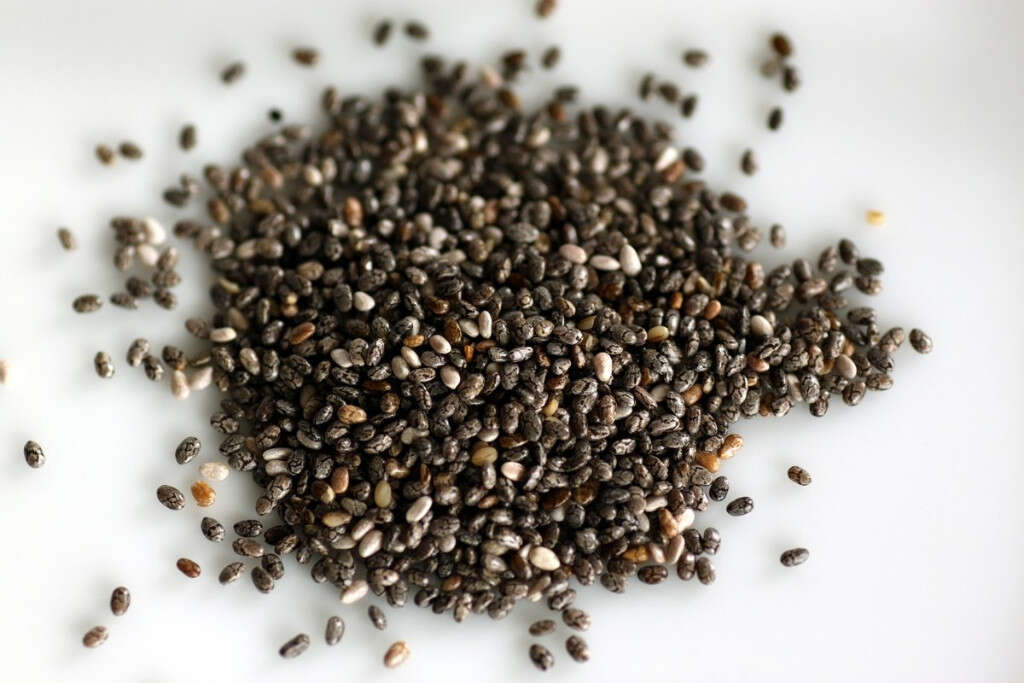
Laxative #3: Castor Oil
Castor oil is produced from castor beans. It has a long history of being used as a natural laxative. After the consumption of castor oil, it leads to the release of ricinoleic acid, which is a type of unsaturated fatty acid that gives it the properties of a laxative. Ricinoleic acid activates a specific receptor present in the digestive tract that improves intestinal muscle movement and induces a bowel movement.
A study found that castor oil helps to alleviate the symptoms of constipation by decreasing the feeling of incomplete evacuation, reducing straining during a bowel movement, and softening the consistency of the stool.

Laxative #4: Aloe Vera
Aloe vera latex is obtained from the inner lining of the aloe vera plant and is separate from the commonly known aloe vera gel. It is often used as a treatment for constipation. The laxative effect comes from a compound known as anthraquinone glycoside. This compound helps draw water into the intestines to stimulate the movement of the digestive tract.
A study concluded that a combination of aloe vera, psyllium, and celandine was able to effectively increase bowel movement frequency and soften stools. Some studies have also reported that aloe vera juice helps reduce pain, constipation, and flatulence among patients with irritable bowel syndrome.
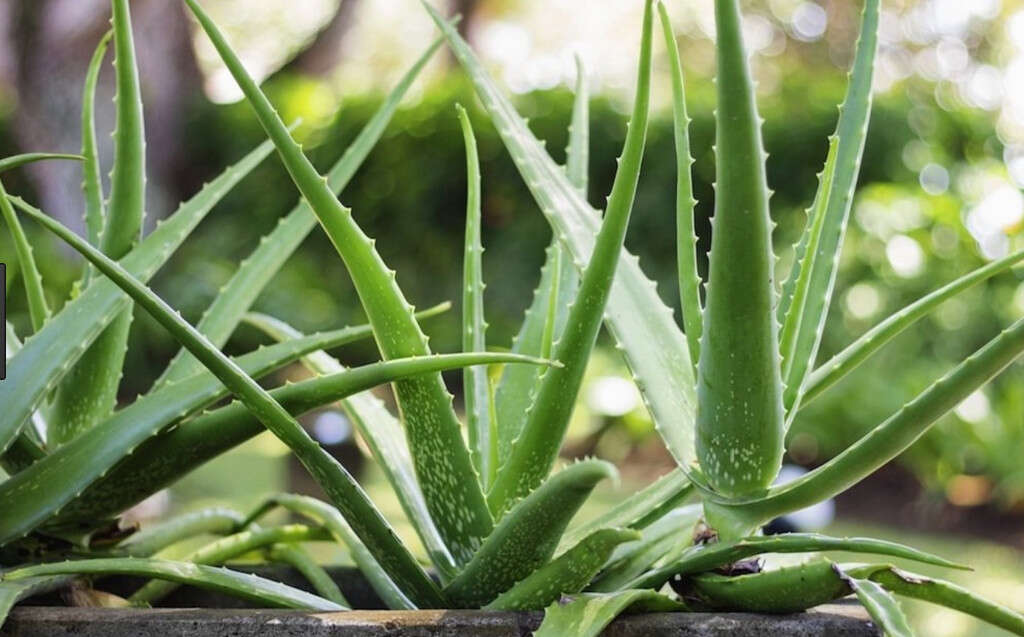
Laxative #5: Legumes
Legumes refer to a group of edible plants such as peas, beans, peanuts, lentils, and chickpeas. Legumes are a great natural laxative as they are high in fiber. For example, chickpeas provide 2.2 grams of fiber per serving (12.5 grams, 1 tbsp) while lentils provide 1 gram of fiber per serving (12.3 grams, 1 tbsp).
Another reason why legumes are a good natural laxative is the production of butyric acid during consumption of legumes. Studies have shown the consumption of butyric acid can help with constipation as it positively interacts with gastrointestinal flora, helps with GI infections, is an anti-inflammatory, among other traits. Legumes also have anti-inflammatory properties to help reduce intestinal inflammation, especially if there are existing digestive disorders.

Laxative #6: Olive Oil
Olive oil is obtained from pressing whole olives. Olive oil can be used for cooking, salad dressing, pharmaceuticals, soaps, fuel for traditional oil lamps, cosmetics, and used in some religions. The consumption of olive oil has also been thought to improve cardiovascular health by reducing the risk of coronary heart disease. There is also some evidence that it also decreases the risk of breast cancer and type 2 diabetes.
Some research has suggested that olive oil can be effective as a natural laxative to help relieve constipation. Olive oil functions as a lubricant laxative and provides a coating in the rectum to allow easier passage of stools and the stimulation of the intestines to increase intestinal transit times.

Laxative #7: Senna
Senna is an herb extracted from the plant Senna alexandrina. It is often used as a natural laxative that is a stimulant. Senna can be found in many over-the-counter products such as Senokot, Senna-Lax, and Ex-Lax.
The laxative properties of Senna can be attributed to the sennoside found in the plant. Sennosides are compounds that increase the movement of the digestive system and help stimulate a bowel movement. Senna also helps improve the absorption of fluid into the colon to aid the passing of stools. Adverse effects of Senna include diarrhea, nausea, vomiting, abdominal cramps, and abdominal pain. It should also be noted that Senna can be a habit forming laxative that, if taken too often or abused, can created a tolerance that then requires higher doses.

Laxative #8: Flaxseed
Flaxseed has been cultivated in Babylon since 3000 BCE. It has been called one of the most powerful plant foods in the world. Researchers have found that it may decrease the risk of diabetes, heart disease, stroke, and cancer. It has become increasingly popular with about 300 flax-based products launched in Canada and the United States in the year 2010. Flaxseed is also used for chicken feed to produce eggs that have a higher level of omega-3 fatty acids.
Flaxseed is effective for those with constipation due to its natural laxative properties. Not only is it an effective natural laxative, it has also been observed to reduce diarrhea by up to 84 percent. Flaxseed contains both soluble and insoluble fiber, resulting in increased bulk in stool and reduced intestinal transit times. Flaxseed provide 2 grams of insoluble fiber and 1 gram of soluble fiber per 10 grams.
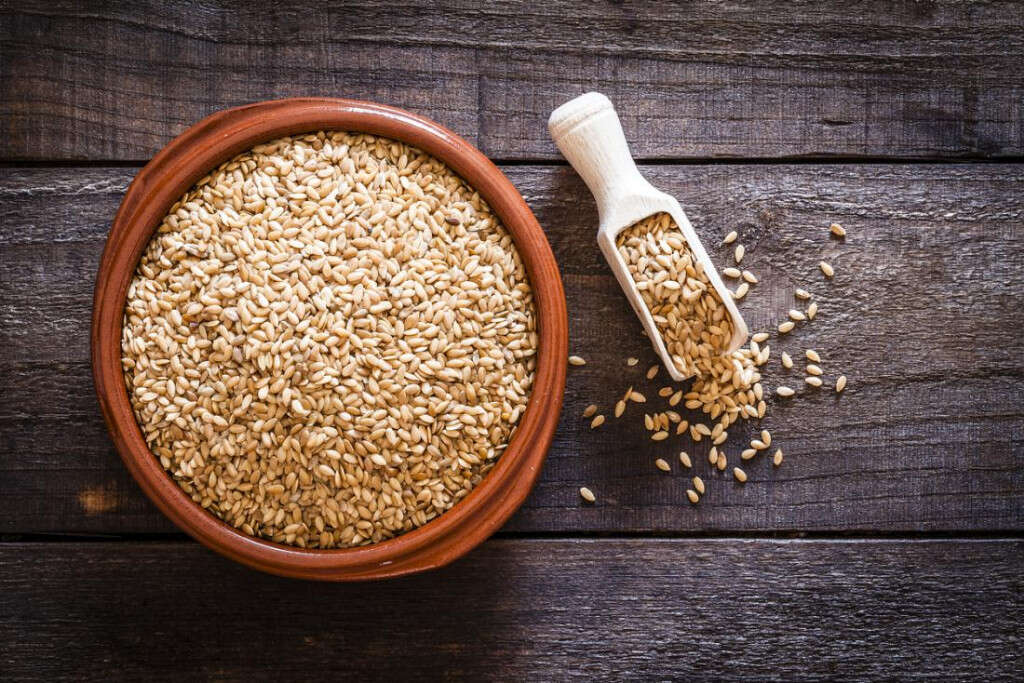
Laxative #9: Kefir
Kefir is a fermented milk product that contains probiotics. Probiotics are beneficial gut bacteria that have been thought to help boost digestive health and improve immune function. Studies have shown that the consumption of probiotics can help improve the speed of intestinal transit and stool consistency.
Kefir is a natural laxative as it has been found to bulk up stools and add moisture to stools. A study in 2014 observed the effects of kefir on their participants who consumed 500 ml of kefir daily and found that there were improvements in stool consistency, frequency, and decrease in use of laxatives.
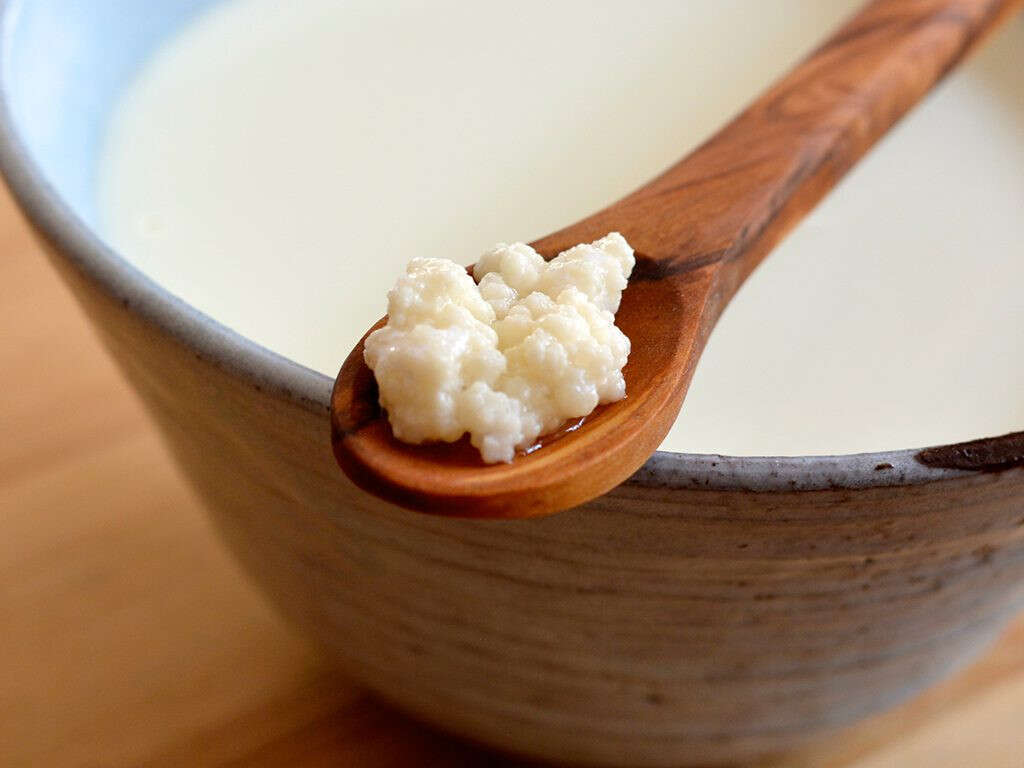
Laxative #10: Berries
Most berries have a high content of fiber, which makes them a great mild laxative. Blueberries provide 3.6 grams of fiber per 148 grams, blackberries provide 7.6 grams per 144 grams, and strawberries contain 3 grams of fiber per 152 grams. The American Dietetic Association recommends 38 grams of fiber for men and 25 grams of fiber a day for women to prevent chronic disease and add bulk to stools.
Berries contain both soluble and insoluble fiber. Soluble fiber absorbs water, which forms a gel-like substance and helps soften stools. Insoluble fiber does not absorb water but increases the bulk of stools to help with stool passage. Including several types of berries in the diet helps increase fiber intake.












